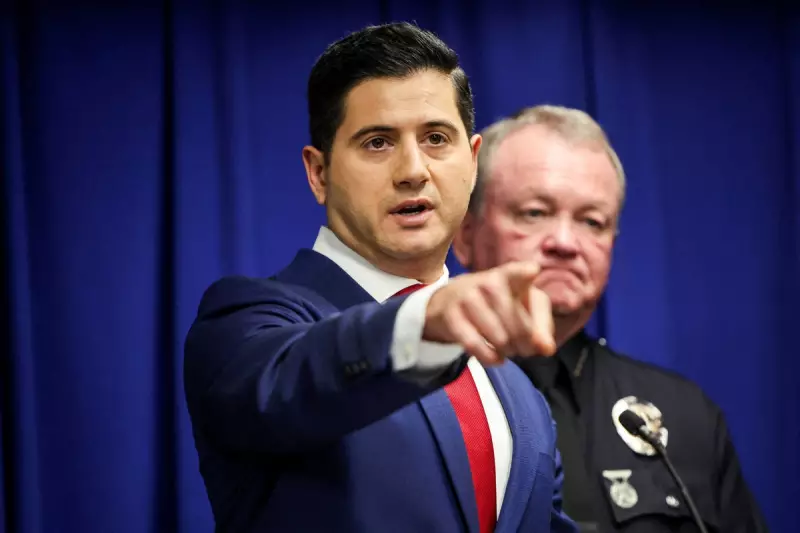
A Republican lawmaker in California has ignited a political firestorm by proposing legislation that would make it illegal to publicly insult former presidents, in what appears to be a direct response to ongoing criticism of Donald Trump.
Controversial Legislation Emerges
Assemblyman Bill Essayli, representing Riverside County, has drafted a bill that would criminalise the act of "insulting" former commanders-in-chief. The proposed legislation comes amid heightened political tensions and raises significant questions about constitutional freedoms.
Constitutional Concerns Raised
Legal experts have immediately flagged the bill as potentially violating the First Amendment, which guarantees freedom of speech in the United States. The proposal has drawn criticism from across the political spectrum, with many questioning its compatibility with American democratic principles.
Political Backlash and Support
While some Trump supporters have welcomed the initiative, numerous conservative voices have joined liberals in expressing alarm. The bill's introduction comes at a time when Trump faces multiple legal challenges, adding another layer of complexity to the political landscape.
What the Bill Actually Proposes
The legislation would specifically target public demonstrations of disrespect toward former presidents, though exact penalties and enforcement mechanisms remain unclear. Legal analysts suggest the bill faces almost certain defeat given its apparent conflict with established constitutional protections.
Broader Implications for Free Speech
This proposal raises fundamental questions about the limits of political expression in America. As the 2024 election cycle approaches, the debate over this legislation highlights deepening divisions in American politics and the ongoing battle over the boundaries of acceptable political discourse.
The bill's future remains uncertain, but its very introduction signals continuing tensions within the Republican party and the wider political establishment about how to handle criticism of former President Trump.





